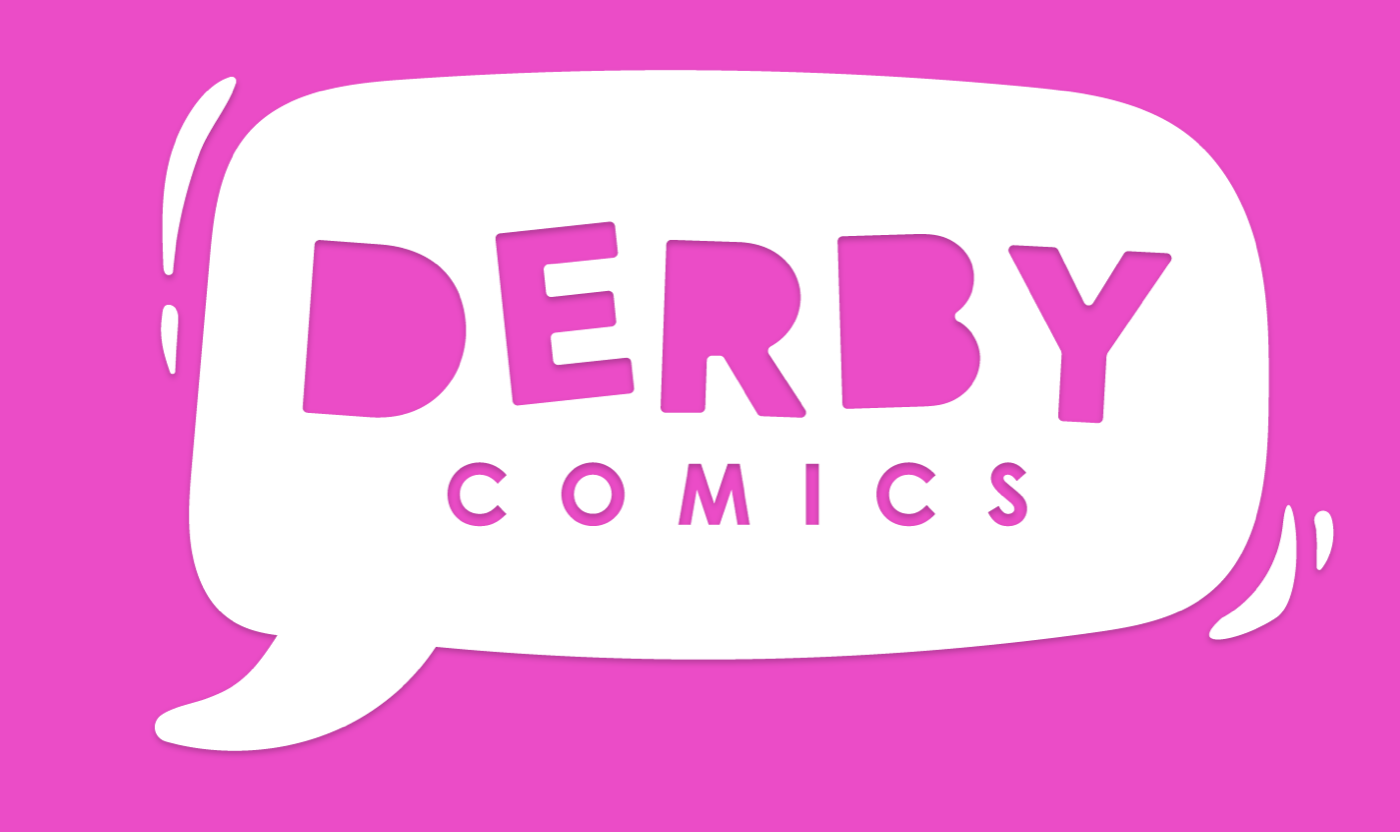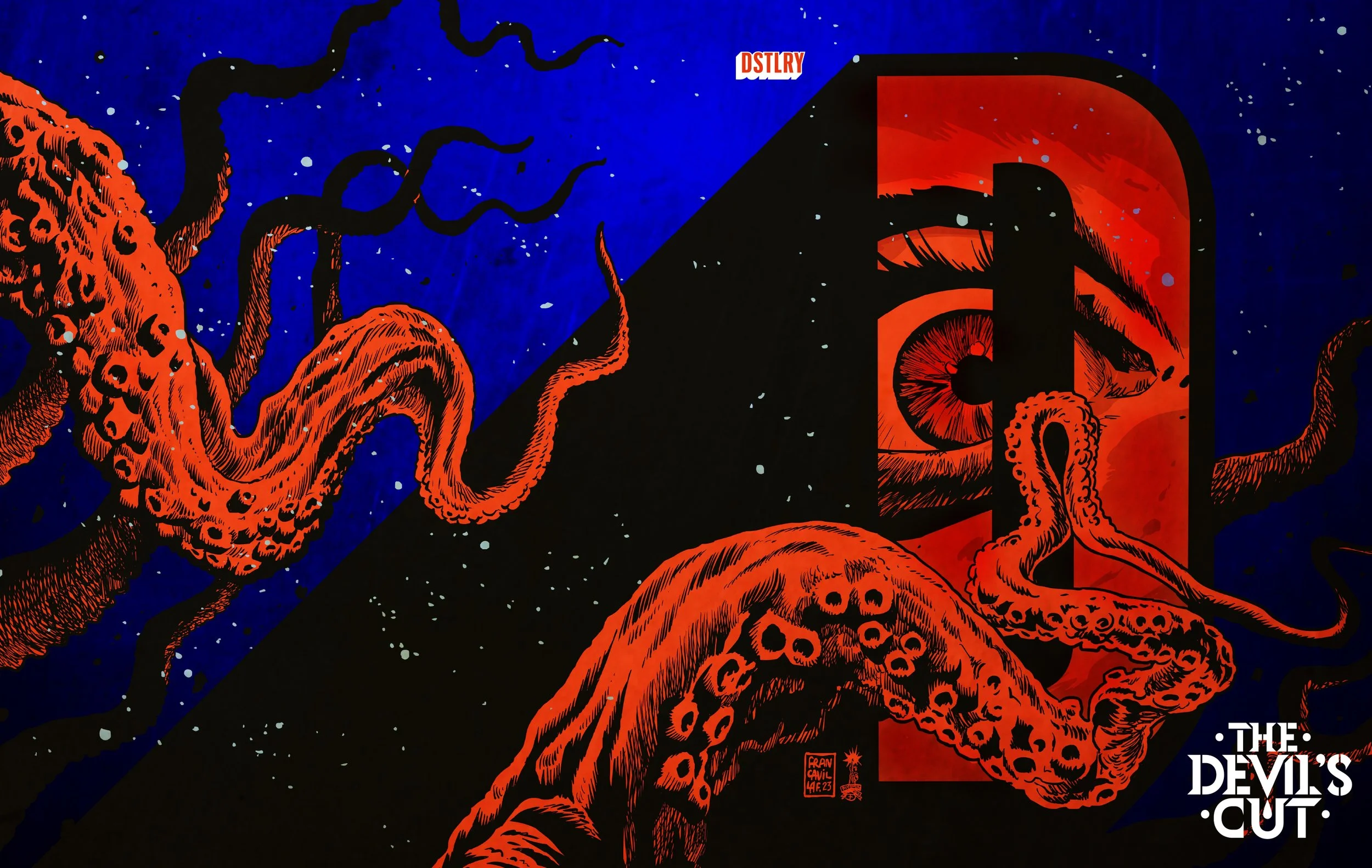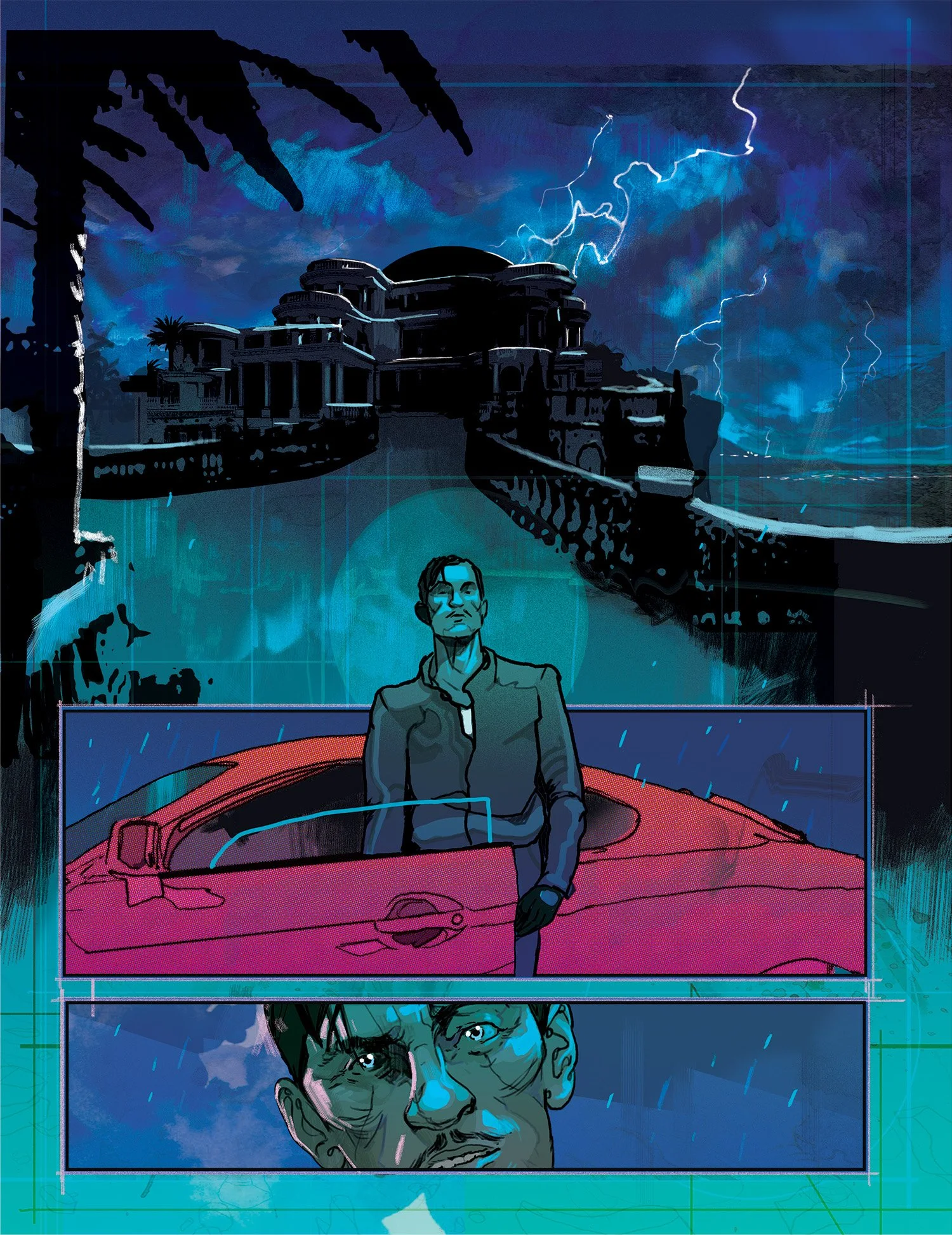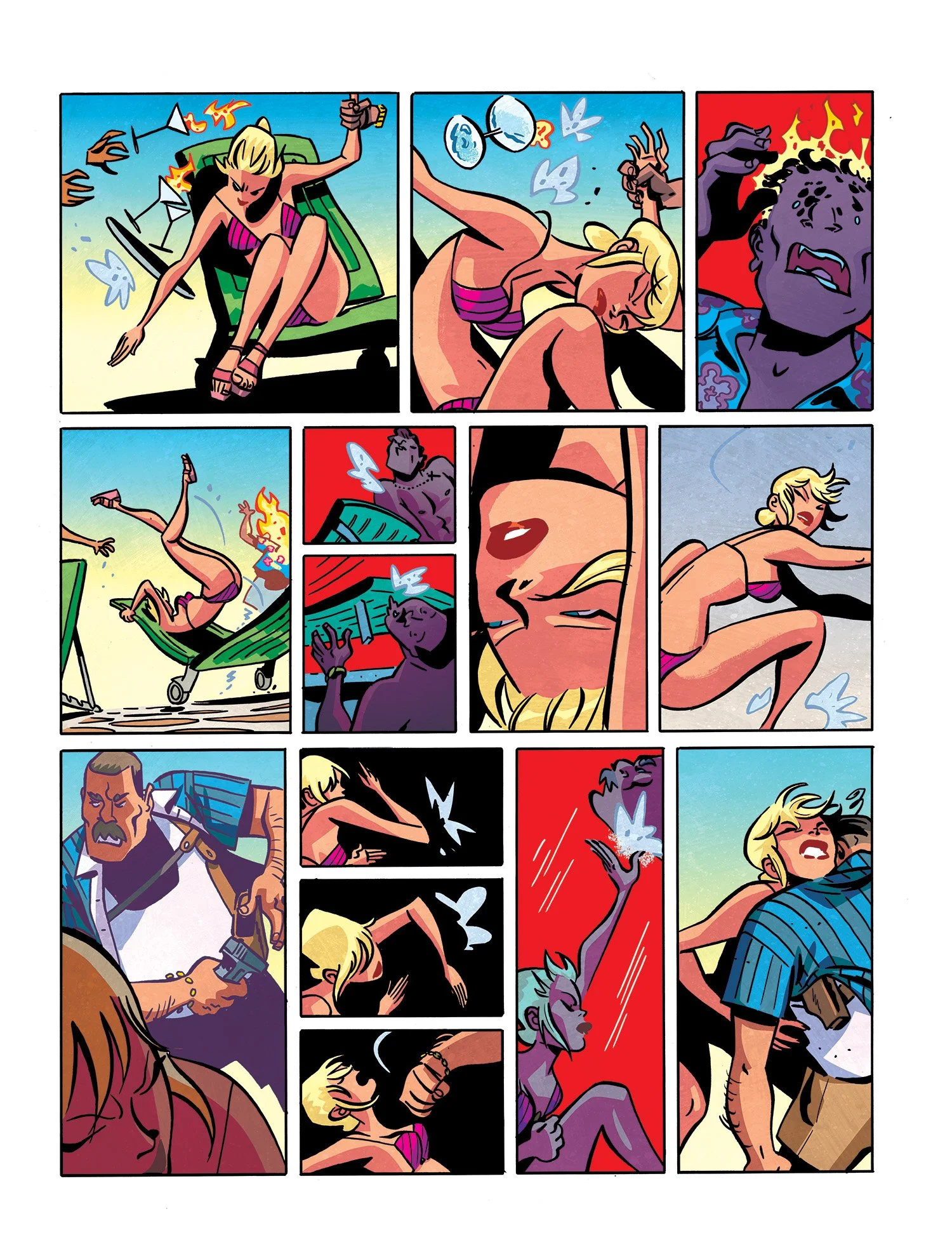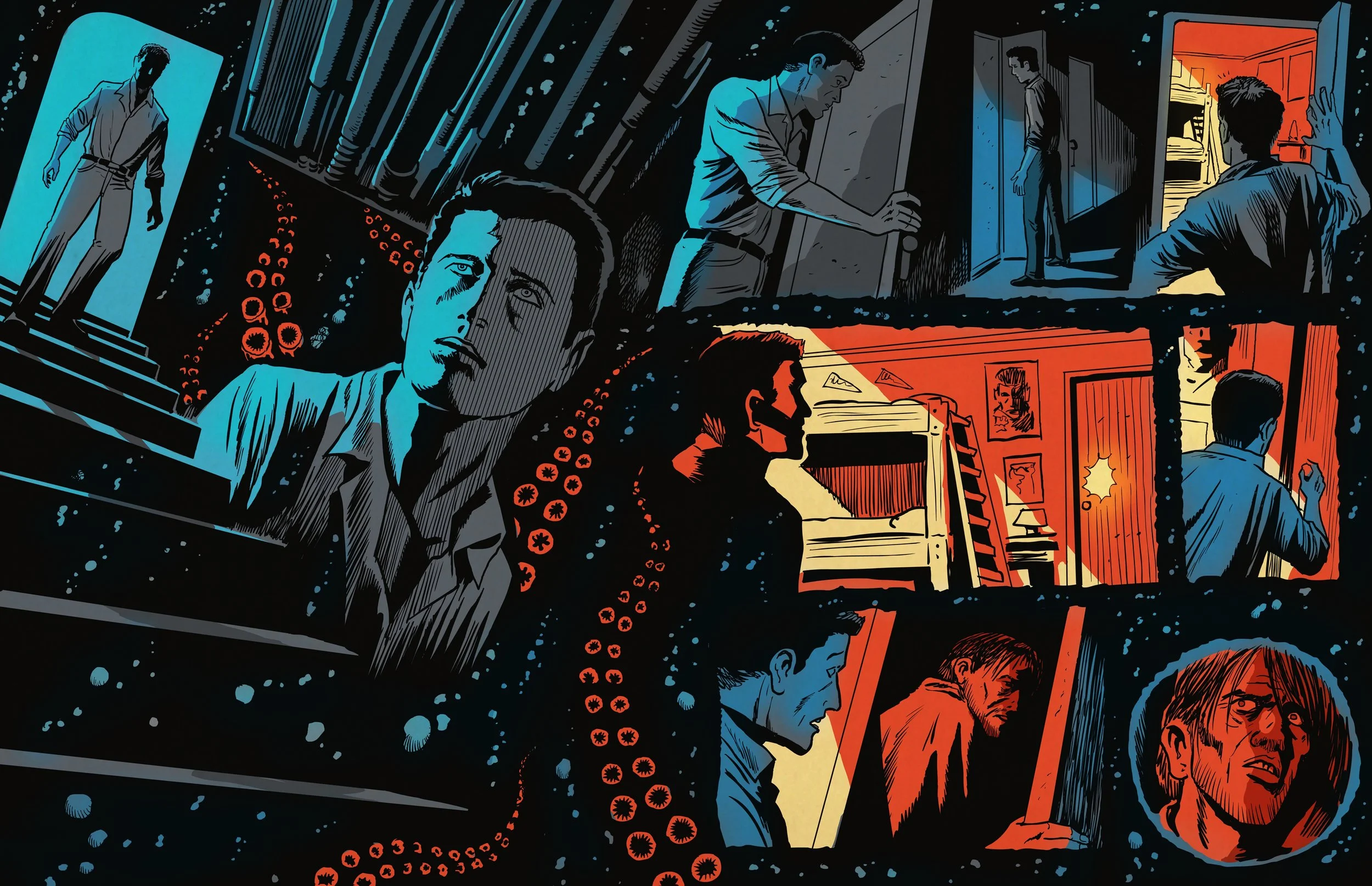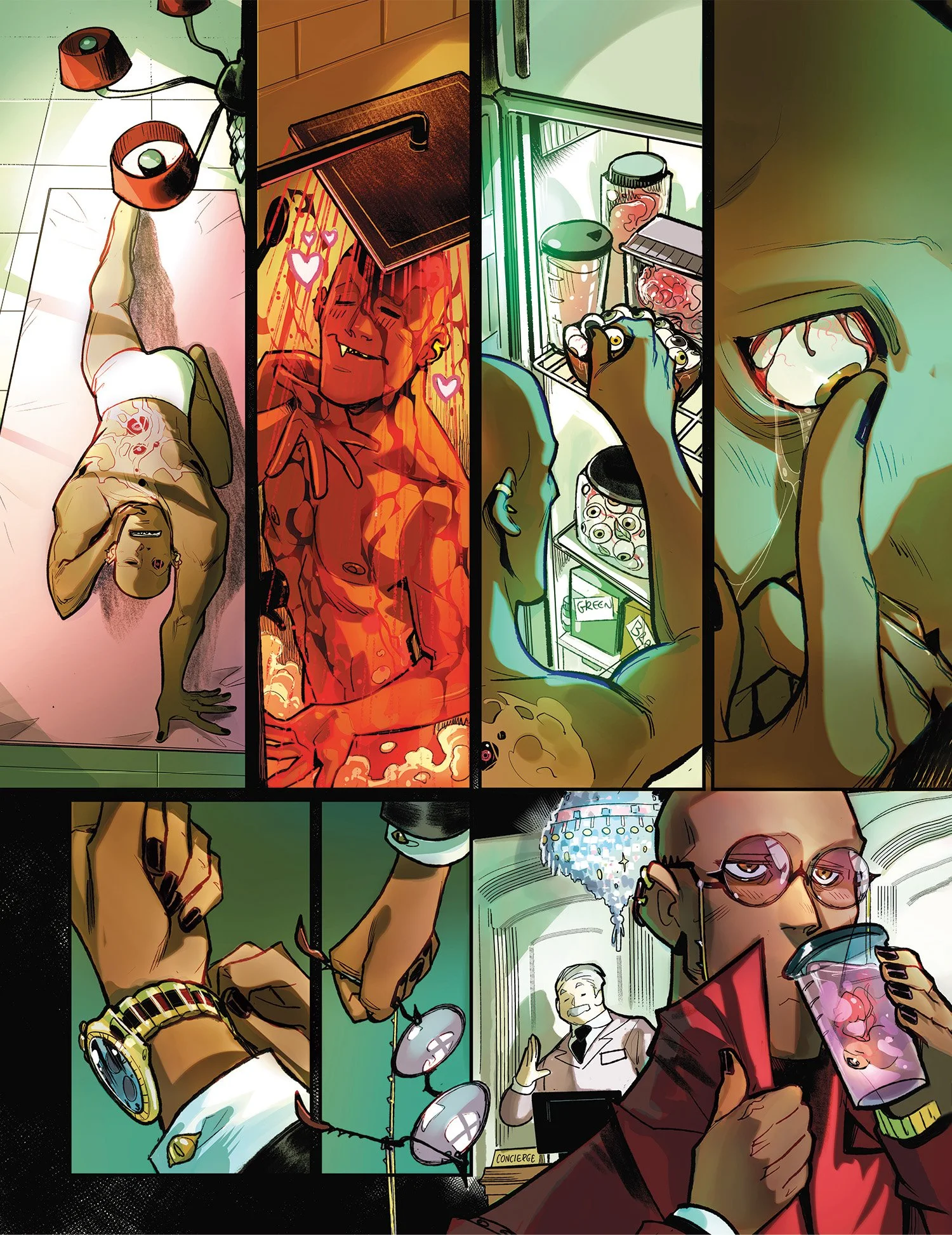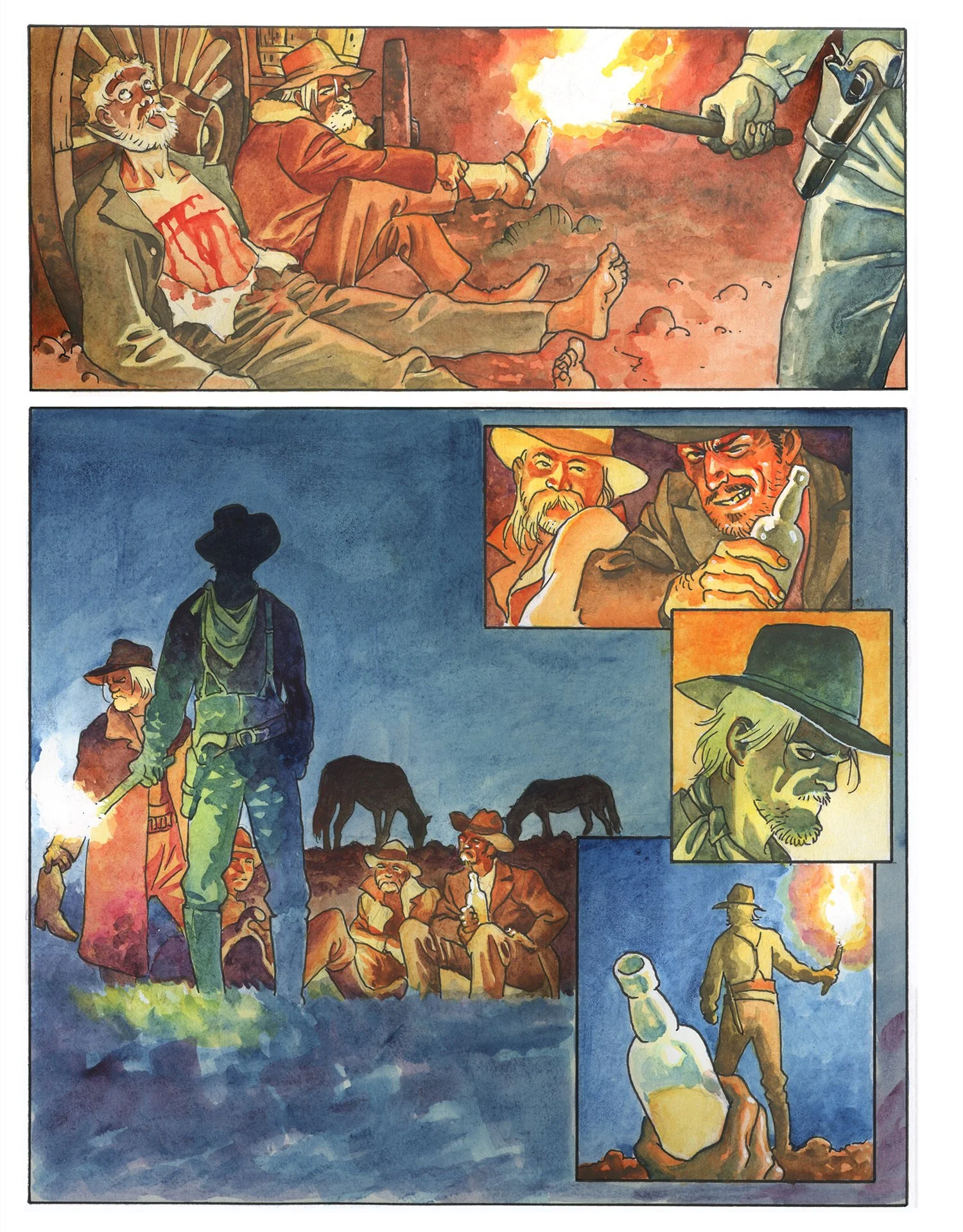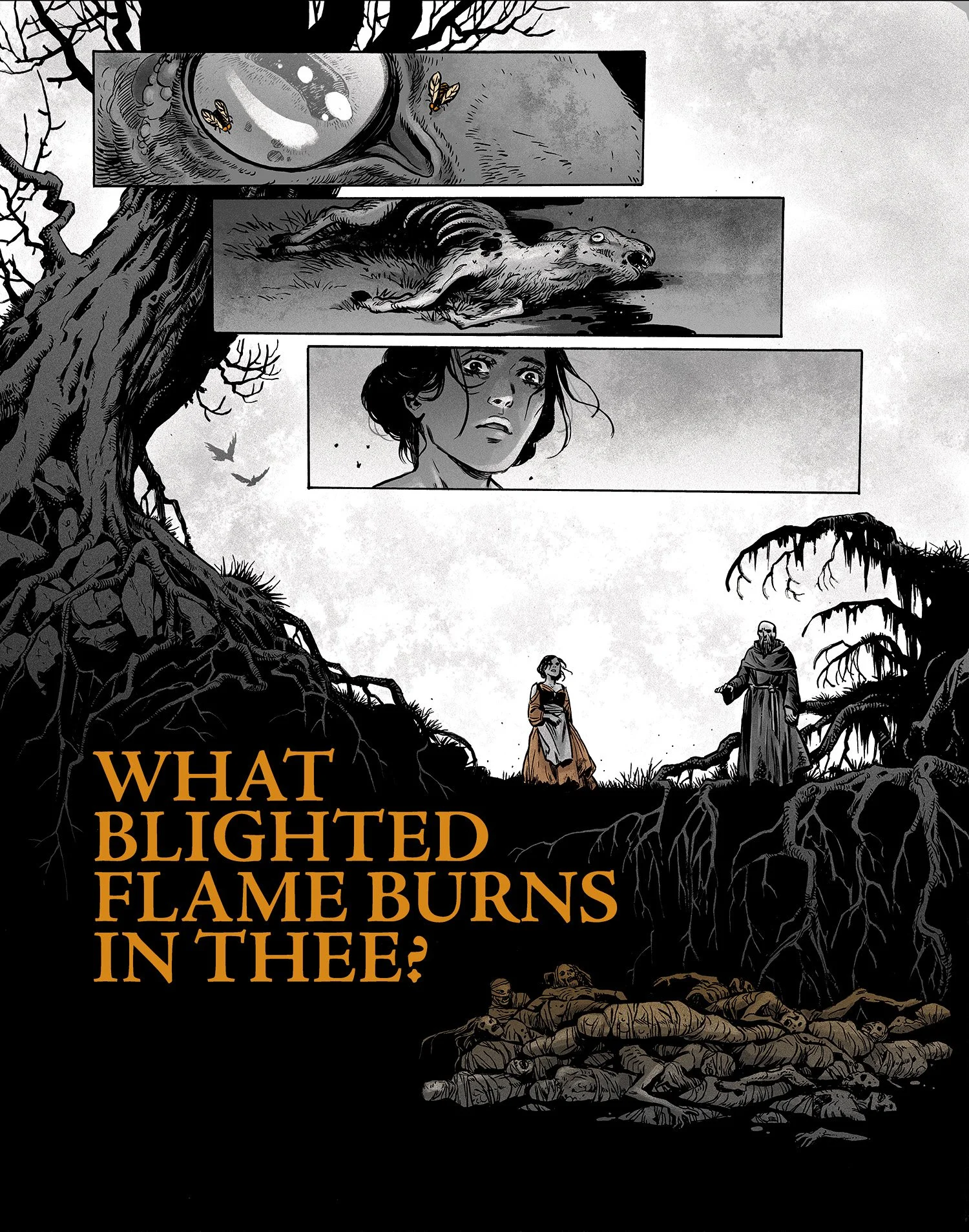DSTLRY Reveals First 8 Ongoing Series from All-Star Creative Teams
Credit: DSTLRY
After sharing a first look at their upcoming 88-page first release, The Devil’s Cut, DSTLRY announced that 8 of the stories included in the publication will serve as the starting point for future ongoing series debuting later in 2023 & early 2024. CCO Chip Mosher clarified how the stories in The Devil’s Cut will function, “With The Devil’s Cut, a majority of the self-contained stories lay the foundation for series to come. To be crystal clear, these eight stories found in The Devil’s Cut are not previews, but the first appearances of new worlds from our Founding Creators and Friends.” Check out a preview of the new ongoing series and their A-list creative teams below and don’t forget to sign up to get all DSTLRY’s launch updates on their site!
What is DSTLRY?
Announced in April, DSTLRY is a new comics publisher and physical-digital collectibles company founded by David Steinberger and Chip Mosher, the former co-founders and CEO and head of content of Comixology, respectively.
DSTLRY's mission is to create a more equitable and sustainable model for comics publishing, one that gives creators more control over their work and rewards them for its success, something that is extremely relevant after the recent #ComicsBrokeMe conversation. The company does this by offering creators an equity stake, as well as a share of the resale profits of their digital comics. DSTLRY also plans to release limited-edition physical comics and collectibles, which will be available for purchase both online and in comic shops.
DSTLRY is still in its early stages, but it has the potential to disrupt the comics industry. The company's focus on creator equity and collectability could appeal to a new generation of comics fans, and its innovative digital distribution model could help to revitalize the comics market which is still predominantly a physical-goods market. It will be interesting to see how the company fares initially as early success could see a seismic shift in creator contracts with othe publishers, while any initial pitfalls could cause lingering hesitation around this type of digital-first arrangement.
Newly Announced Ongoing Series
1. Spectregraph by James Tynion IV, Christian Ward, and Aditya Bidikar
Credit: DSTLRY
2. The Stowaway by Jock
Credit: DSTLRY
3. 8 Rules To Make It Out In One Piece by Elsa Charretier, PK Colinet, Nick Filardi, and Clayton Cowles
Credit: DSTLRY
4. White Boat by Scott Snyder, Francesco Francavilla, Andworld Design, and Tyler Jennes
Credit: DSTLRY
5. A Blessed Day by Mirka Andolfo, Fabio Amelia, Arancia Studio, and Steve Orlando
Credit: DSTLRY
6. Shepherd by Marc Bernardin, Ariela Kristantina, Lee Loughridge, and Bernardo Brice
Credit: DSTLRY
7. Deleted Scene, #2 by Brian Azzarello, Eduardo Risso, and Jared K. Fletcher
Credit: DSTLRY
8. What Blighted Flame Burns in Thee? by Becky Cloonan, Tula Lotay, and Richard Starkings
Credit: DSTLRY
Credit: DSTLRY
